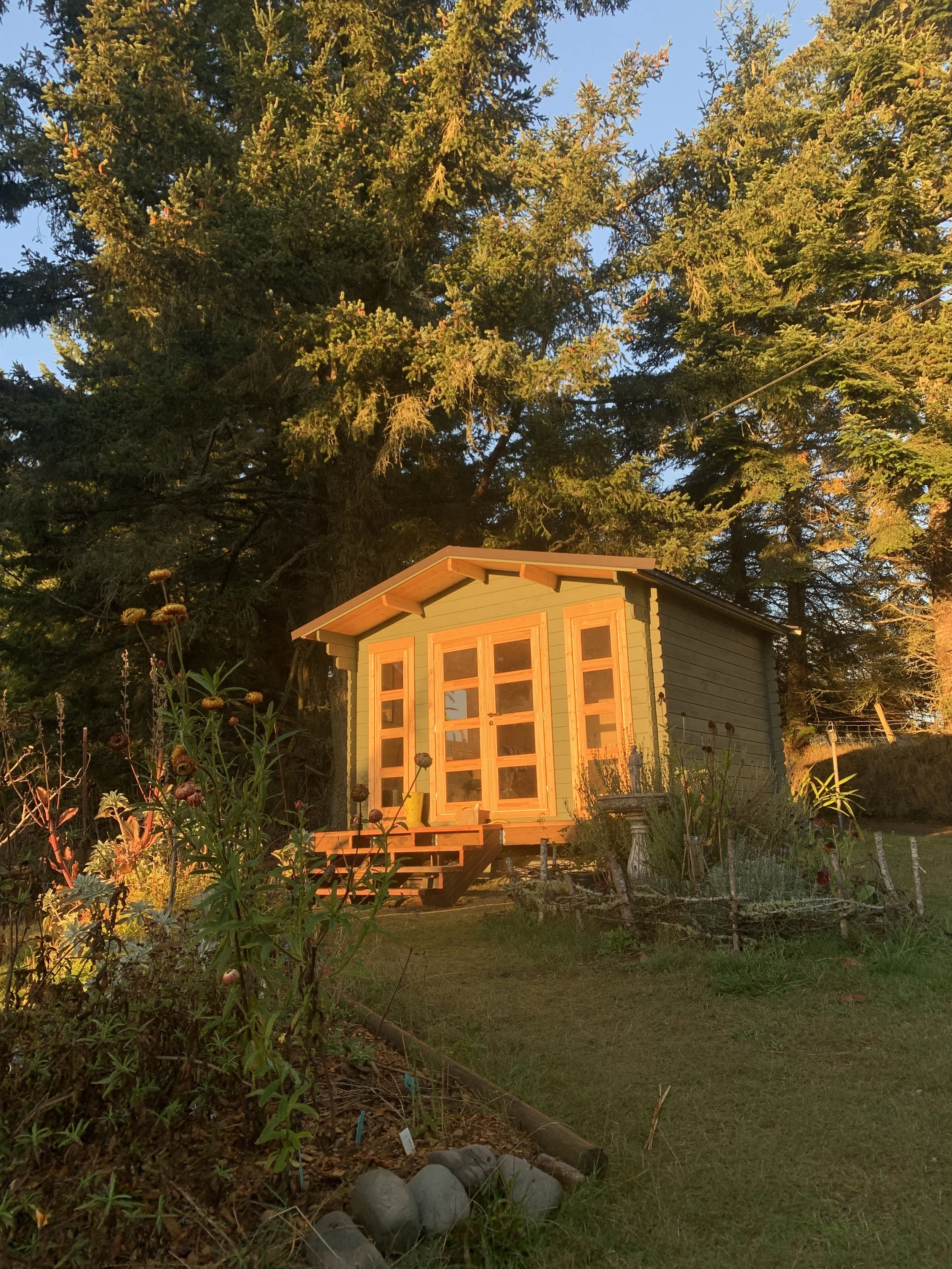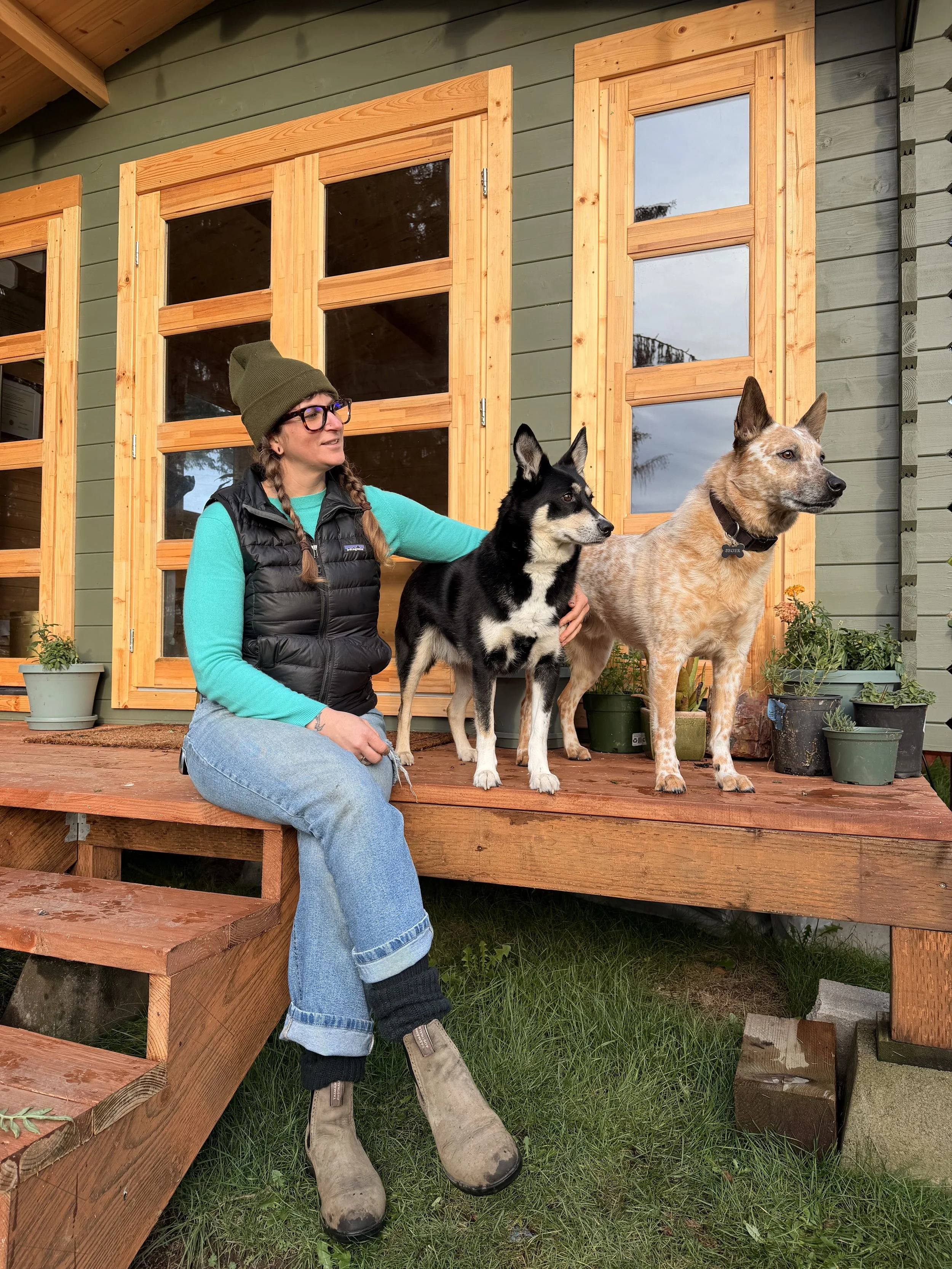
Care for all of you.
Psychodynamic Psychotherapy: Psychotherapy for the Soul
Psychodynamic psychotherapy is a form of treatment that focuses on exploring the unconscious mind, emotional experiences, and early life relationships to gain insight into current psychological issues. It aims to uncover deep-seated patterns and unresolved conflicts that influence behaviors, thoughts, and emotions.
This therapy is often described as “psychotherapy for the soul” because it delves beneath surface symptoms to address the core of emotional suffering. By bringing unconscious material into awareness, individuals can achieve greater self-understanding, emotional healing, and meaningful change.
In the therapeutic process, the relationship between the therapist and client serves as a key tool for exploring interpersonal dynamics and fostering growth. This approach can be particularly effective for trauma recovery, anxiety, depression, and other complex mental health difficulties. Psychodynamic psychotherapy is offered as part of a holistic treatment plan tailored to your unique needs, supporting long-term mental health and well-being.
Services Available
Telehealth Sessions
I provide online, HIPPA-compliant, therapy from a little cabin in the woods to Individuals across the States of California, Oregon, and Idaho.
In-Person & Outdoor
I am able to provide limited in-person or outdoor walking sessions to people in Humboldt County, CA.
Dogs welcome.
Trusty Canine Co-Therapists
at most sessions.
My Approaches.
-
Mindfulness-Based
The goal of Mindfulness in therapy is to help develop the ability to stay in the present moment and experience thoughts and feelings without judgement and to avoid worrying about the past or future. As a relapse prevention tool, Mindfulness techniques will be taught to help in overcoming cravings and to help with managing triggers to use.
-
Ecotherapy
This is a transdisciplinary practice designed to help you deeply reconnect with yourself by actively engaging with the natural world. A fundamental principle of this approach is the understanding that our inner world and the outer environment are intimately connected. Through intentional and mindful activities in nature, we can foster meaningful internal growth and healing.
-
Eye Movement Desensitization and Reprocessing (EMDR)
EMDR is an evidence-based therapy for the treatment of single-event and chronic, or complex, trauma. This neurologically-informed therapy is geared towards assisting you to transform negative experiences into adaptive learning experiences.
-
Depth Psychology
Depth psychology is a psychodynamic process that aims to help individuals become aware of what has been cast out of consciousness or not yet able to be known. Healing is associated with allowing what has been repressed, rejected, denied or ignored to come forward so that the person can understand, explore its significance and integrate it, allowing for a transformation in consciousness. Depth Psychology also attends to the way unconscious processes express themselves in society and culture, and how culture affects the psyche.
-
Psychodynamic Psychotherapy
Psychodynamic therapy is the psychological interpretation of mental and emotional processes. Rooted in traditional psychoanalysis, it draws from object relations, ego psychology, and self psychology. It was developed as a simpler, less-lengthy alternative to psychoanalysis. This type of therapy aims to address the foundation and formation of psychological processes. In this way, it seeks to reduce symptoms and improve people’s lives.
-
Liberation Psychology
Liberation psychology is an orientation that seeks to develop and encourage local understandings and practices that can support people’s desires and actions to create a more just, peaceful, and sustainable world. In my work, using a Liberation Psychology framework places emphasis on empowerment through increasing awareness of the intersection of identity, culture, historical oppression, and individual potential.
-
Dialectical Behavior Therapy (DBT)
The overall goal of DBT is to help you change the behavioral, emotional, thinking, and interpersonal patterns that are causing suffering in your life. This treatment will support you in learning mindfulness, interpersonal effectiveness, emotion regulation, and distress tolerance skills that lead to building a life worth living.
-
Expressive Arts Therapy
The expressive therapies are the use of the creative arts as a form of therapy, including the distinct disciplines expressive arts therapy and the creative arts therapies. Unlike traditional arts expression, the process of creation is emphasized rather than the final product.
-
Integrative Counseling
Integrative therapy is an approach to treatment that involves selecting the techniques from different therapeutic orientations best suited to a client’s particular problem. By tailoring the therapy to the individual, the goal is to produce the most significant and meaningful effects for each person.
-
Psychoeducation
Psychoeducation is an evidence-based therapeutic intervention for patients and their loved ones that provides information and support to better understand and cope with illness and addiction recovery. This means I’ll be teaching you about the process of recovery, from initial physiological symptoms and PAWS (post acute withdrawal symptoms), to long-term solutions and recovery maintenance.
-
Motivational Interviewing
Motivational Interviewing (MI) is a collaborative and goal-oriented style of communication designed to strengthen personal motivation and commitment to change. This technique will assist to explore your own reasons for change in an atmosphere of acceptance and compassion.
-
Cognitive Processing Therapy (CPT)
Cognitive processing therapy is an evidence-based therapy used to help people recover from PTS and PTSD and related conditions. It includes elements of cognitive behavioral therapy treatments, one of the most widely used evidence-based therapies.


